German is taught as an optional subject from the Lower Shell (Year 10). The CAIE IGCSE German course provides pupils with knowledge and skills in vocabulary and grammar across a range of topics as well as insights into the cultures of German-speaking countries. The examination tests all four skills (listening comprehension, reading comprehension, speaking and writing), and they are weighted evenly, all being worth 25% of the total mark. The qualification is graded from 9 down to 1.
About
Curriculum
Enrichment
Staff
After Westminster
-
About
German is a wonderfully rich, malleable and important language. It is spoken by over 100 million people – the most widely-spoken mother tongue in Europe – and is one of the key languages for the worlds of science, technology, philosophy, music and more. It is logical but flexible, structured but not staid. Within the department, we aim to allow pupils to discover this great language for its own sake, but also as a portal to the broad cultural heritage that goes with it: a fascinating array of music, literature and film, which in turn allows us to explore the history and present-day societies of German-speaking countries.
-
Curriculum
Lower School
Syllabus & CodeCAIE IGCSE 7159 GermanUpper School
The Edexcel A Level German course allows pupils to develop advanced language skills and to engage with the literature and cultures of German-speaking countries. Language lessons cover a range of social, political and artistic themes, such as media, music, immigration, and the reunification of Germany in the late 20th century following its post-war division between East and West. The course also includes study of – and response to – literary texts and films. The speaking component includes an independent research project, allowing pupils to engage with a topic that interests them personally.
Syllabus & CodeEdexcel A Level 9GN0 GermanEnrichment
We run an exchange programme with a school in Berlin for Upper Shell (Year 11) Germanists and another with a school in Munich for Sixth Form (Year 12) Germanists. Both are long-running (Munich since 1964) and genuine highlights for pupils, as they offer a great deal of linguistic and cultural richness. There is a thriving German Society that runs events ranging from food tasting and film screenings to debates and talks on aspects of history, culture and language. We also arrange trips to films, exhibitions and plays throughout.
Staff
* denotes Head of Department
Mrs Alex Griffiths ( AKG) — Head of German *
† denotes Housemaster
Mr Oliver Hopwood (OTWH) — Head of Modern Languages *
Mr Thomas Kaal (THK) — German Assistant
Mrs Lynne MacMahon (LDM)
Mr Kevin Neuroth (KN)
After Westminster
German can be studied to degree level either sole or in combination with another subject, be it another language, History, English, Economics, Biological Sciences, or Law. It can be studied at virtually all Russell Group universities in the UK, or indeed in the USA. Courses draw on the language, literature, history and cultures related to German. Language graduates are highly sought-after, and German is in high demand amongst employers both in the UK and globally. Graduates of German typically progress to careers in law, finance, public policy, international organisations, the arts and journalism.
 "I’m so glad I chose German: the language is great fun to learn, and I love learning about German culture and literature."
"I’m so glad I chose German: the language is great fun to learn, and I love learning about German culture and literature."— Year 12 pupil
